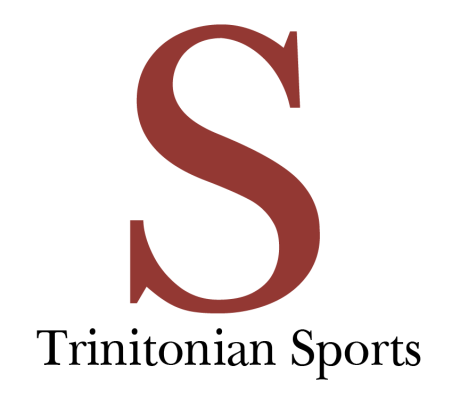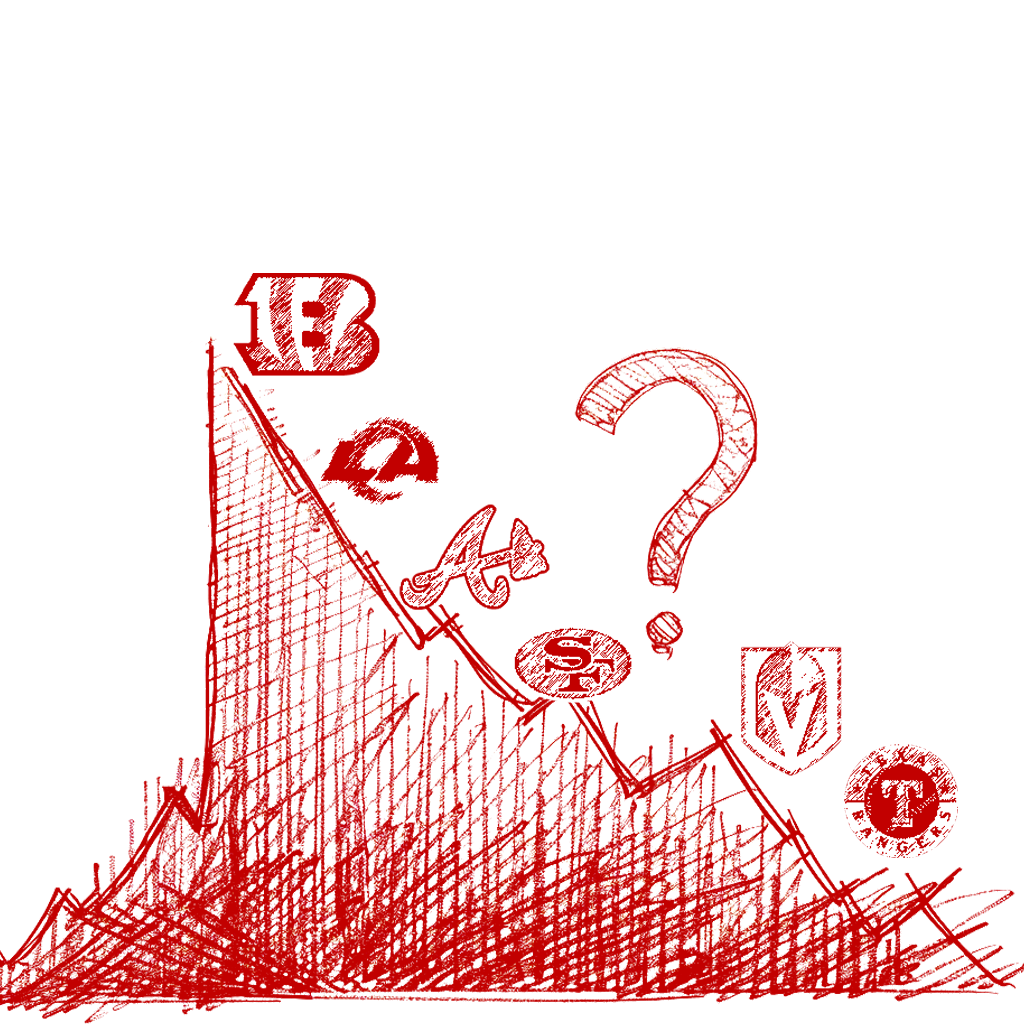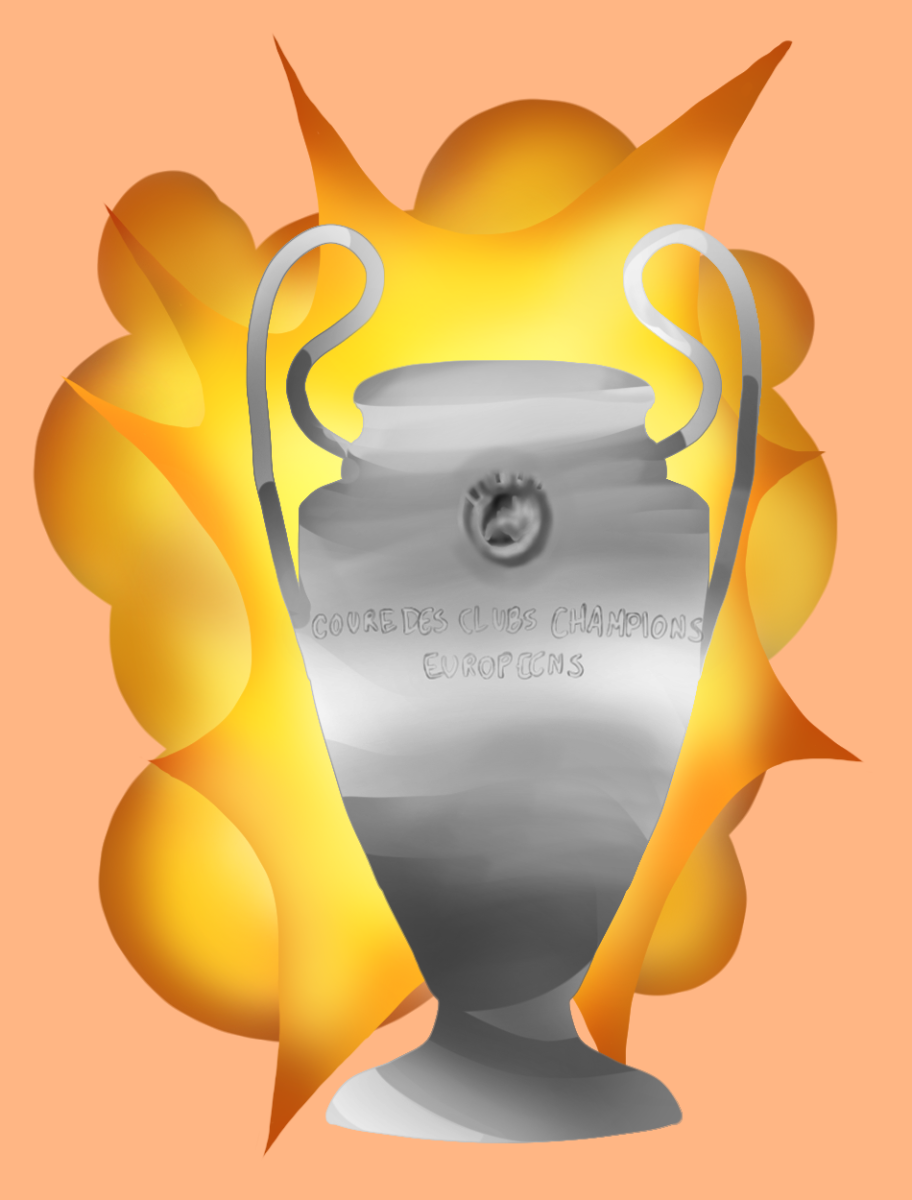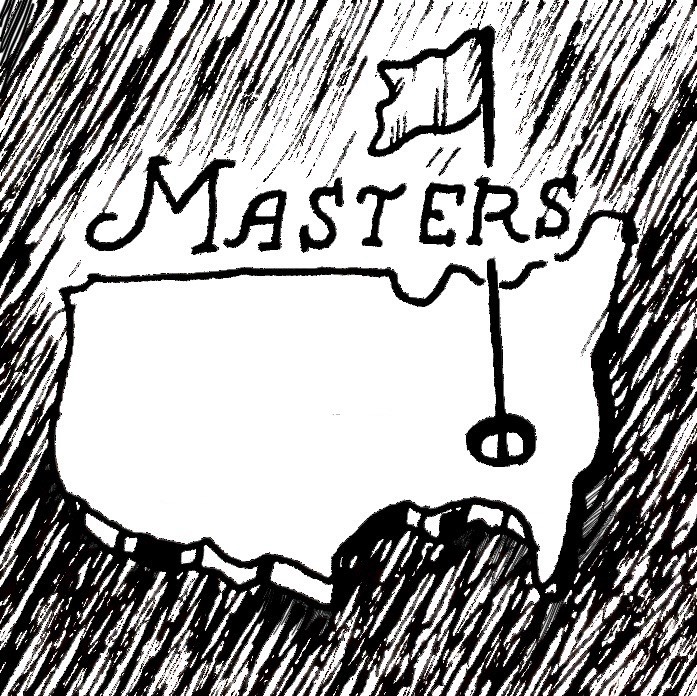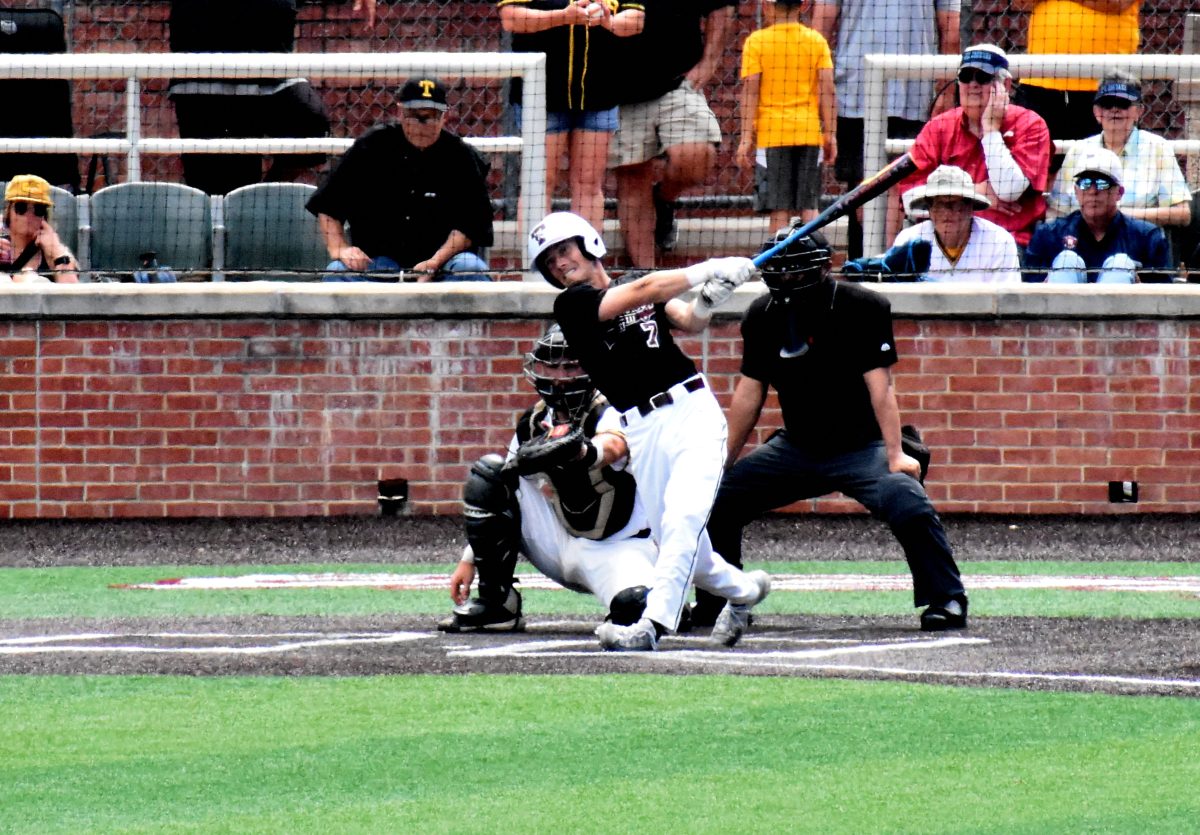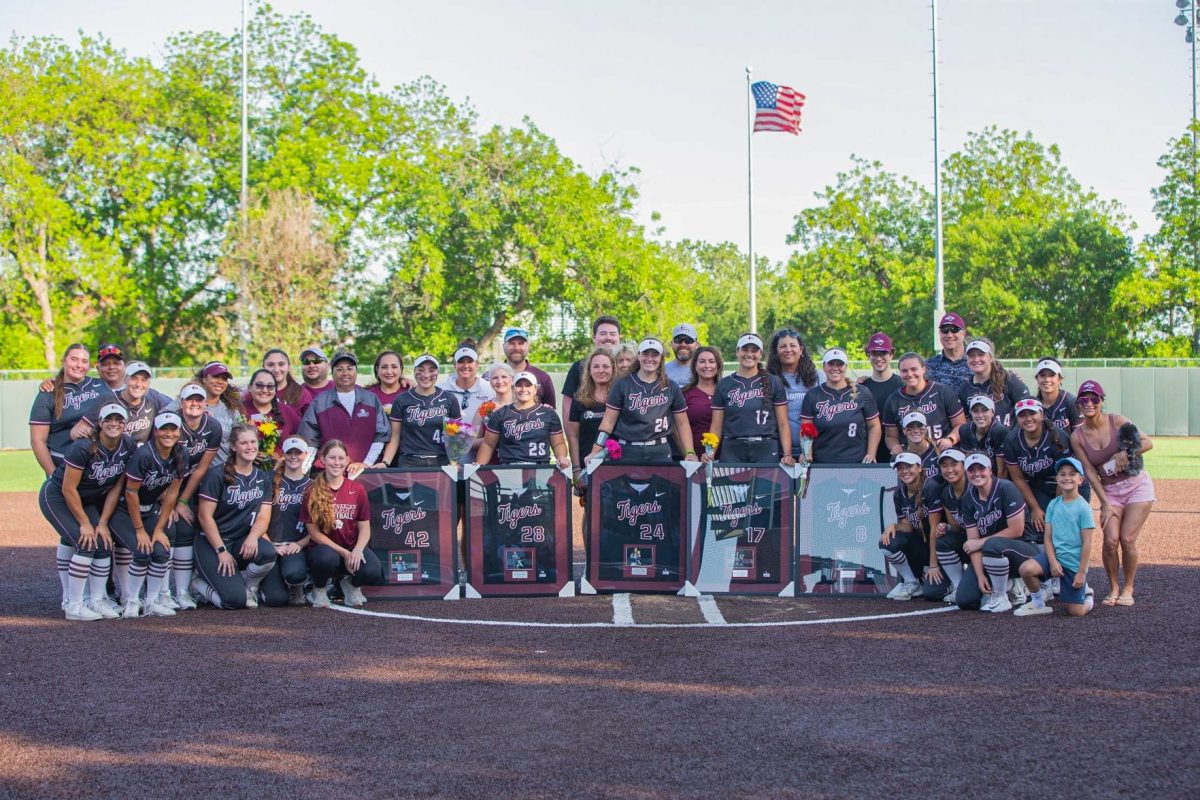Recently the intercollegiate world has been rocked by several scandals. The Harvard men’s soccer team had a premature termination of their season after they were found to be making lewd and degrading comments about female athletes. About a week and a half later, the Columbia men’s wrestling team found themselves in deep water when texts they had sent using racist, sexist and homophobic language were leaked.
The issue is not in whether these actions were wrong. It seems obvious that the Harvard soccer team’s derogatory comments about women were disgusting. And you would be hard-pressed to defend the racism, homophobia and promotion of sexual assault found in the text messages sent between the Columbia men’s wrestling team. The issue isn’t even if these boys should have been suspended or punished in some way. That decision has to be left to their respective schools. The most pressing issue, rather, rests in whether or not those who play sports at a high level have a responsibility to the rest of us to be role models. When you sign up to be an athlete at a major university, or at the professional level, are you also signing to be a model citizen?
In an ideal world, the answer would be yes. Ideally, everyone in the public eye would be a role model for kids and adults alike. And it is true that when a player decides to go pro, people are naturally going to look up to them. However, at the end of the day, these people are athletes. They are football, soccer, softball and baseball players. These people are paid not to be great citizens, but rather to hit balls further, run faster and jump higher than any regular person can “” to provide entertainment for the working man, resting from a day in the real world.
It’s undeniable that we as humans are always looking for something, or someone, great. Athletics are a pervasive part of our culture, and sports are a force that can bring us together. For that reason, we expect athletes to be someone we want to look up to, someone who is essentially perfect. We want the football player who never drops a ball, is in a dedicated marriage, hugs his kids after every game and donates a large portion of his salary to charity because he does not care about material possessions. We are not looking for an athlete, we are looking for a superman.
The problem is he does not exist. It is impossible for anyone to be perfect, and so time and time again we find ourselves disappointed by our heros being human, oftentimes going as far to then define them by their failures. Lance Armstrong, for example, went from being a hero to being just a cheat. Armstrong’s charity has raised over $500 million dollars to help in the fight against cancer, an undeniably good thing, but still so many see him as nothing but the guy who doped to bike faster.
I’m not saying we should give up searching for this amazing, upstanding man, and by no means am I saying that we should not hold ourselves and our fellow citizens to high moral standards. Rather, I am saying that a person’s personal life does not affect their ability to make baskets or score touchdowns. Instead of looking to sports for our role models, we should be looking around us, holding each other and ourselves up to these high standards we give to athletes.

